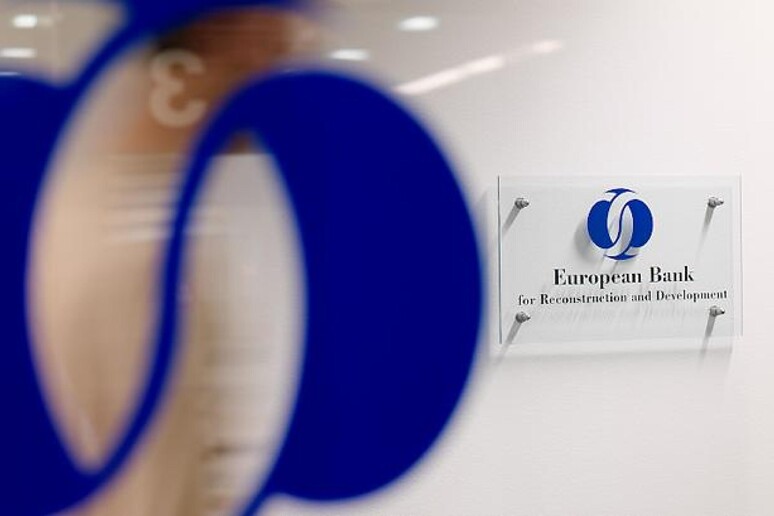(ANSA-AFP) - LONDON, MAY 13 - Economic growth in Central
Europe and the Balkans is expected to be strained this year by
US President Donald Trump's tariff policies, Europe's
development bank forecast Tuesday. The London-based European
Bank for Reconstruction and Development has downgraded its
growth forecast for the regions, anticipating tariffs fallout
owing to their heavy dependence on Germany's struggling economy.
The United States in April imposed a 10 percent "baseline"
tariff on nearly all US trading partners, along with
sector-specific levies of 25 percent on cars, steel and
aluminium. "Recent changes in US trade policy have left very few
countries unaffected," Beata Javorcik, chief economist at the
EBRD, told AFP. For the identified EBRD regions, "the main
effect is operating indirectly via the German market", she
added. Overall, the economies of the countries in which the bank
operates should grow by 3.0 percent this year, slightly lower
than anticipated in February, according to the institution.
While Germany saw a slight rebound in growth at the start of
2025 after two years of recession, the outlook for Europe's
largest economy has been clouded by US tariffs. That adds to
problems already felt in its manufacturing sector and as its
economy is expected to stagnate this year. Many Central European
and Balkan states rely on exports to Germany to support their
economies. Czech exports to Germany account for a quarter of the
country's gross domestic product, while for North Macedonia, it
is 20 percent, according to Javorcik. The share is also strong
for Slovakia and Hungary and to a lesser extent for Poland and
Slovenia. The trade war between Washington and Beijing has also
dampened growth prospects in the EBRD regions. However, Javorcik
expressed optimism following a US-China agreement on Monday to
slash tariffs, as well as a US-UK trade agreement last week. It
"gives us hope that there will be an agreement reached between
the EU and the US, which will improve growth prospects" for the
European Union, she said. This in turn would "spill over
positively onto our regions of operations". The EBRD was founded
in 1991 to help former Soviet bloc nations embrace free-market
economies, but has since extended its reach to the Middle East
and North Africa. The EBRD's economic updates coincided with the
start of its annual conference being held in London until
Thursday and expected to approve the bank's strategic and
capital framework for the next five years. It is also set to
mark the start of the bank's move into sub-Saharan Africa by
making Benin, Ivory Coast and Nigeria countries of operation.
(ANSA-AFP).
ALL RIGHTS RESERVED © Copyright ANSA





